Exact Answer: At least 2 hours
According to research, approximately 50 percent of women who are breastfeeding in Western countries, consume alcohol occasionally during the period. It is not as frowned upon as it is during pregnancy itself, and is actually more common than you’d think.
Although not drinking alcohol at all during breastfeeding is the safest thing to do for breastfeeding women, occasionally drinking alcohol in moderate amounts is allowed, and has not shown to be dangerous to the baby or the mother.
High levels of alcohol consumption, and not waiting before breastfeeding, can significantly affect both the mother and her baby.
Generally, the allowed amount of alcohol is one drink per day.
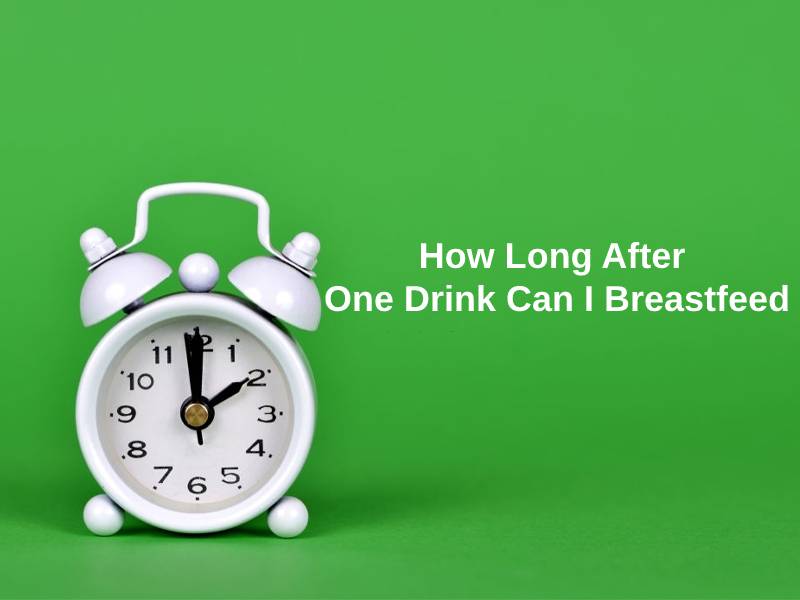
How Long After One Drink Can I Breastfeed?
| Objective | Duration |
| Time for which alcohol is still detected in breast milk after one drink | 2 to 3 hours |
| Waiting time between one drink and breastfeeding after | At least 2 hours or more |
Referring to the Dietary Guidelines for Americans, the standard drink is defined as 1.5 ounces of liquor (40%), 5 ounces of wine (12%), 8 ounces of malt liquor (7%), or 12 ounces of beer (5%). Even though the numbers differ, all of these drinks have the same amount of pure alcohol in them, which is 14 grams, or 0.6 ounces.
But this can vary from person to person, depending on their weight, age, and other bodily specifications. For example, when we look at a woman who weighs around 130-lb or 59 kg, a moderate drink can mean 2 ounces of liquor; 8 ounces of wine; or two beers, depending on their concentration of alcohol.
Breast milk can still contain small concentrations of alcohol from a standard drink, for 2 to 3 hours after. Thus, as a general rule, breastfeeding mothers are recommended to wait at least 2 hours or more after a standard amount of alcohol, before they breastfeed their babies.

Research has still not provided a solid conclusion for the effects of long-term exposure to alcohol through breastfeeding, but the 2-hour waiting rule must be followed for the safety of both the mother and the baby, as excessive alcohol consumption has shown to affect the infant’s development, growth, and sleeping patterns.
In addition, alcohol is known to heavily impair one’s judgment, especially when consumed in large amounts, so if a mother is subjected to an alcohol level that high, then it impairs her ability to effectively care for her baby, which puts both the mother and the baby at risk.
Why Does It Take That Long To Start Breastfeeding After A Drink?
According to the book, The Womanly Art of Breastfeeding, the amount of alcohol that the breastfeeding mother ingests is directly related to the effects of that alcohol on the infant. This means that the lesser alcohol the mother drinks, the less harmful it is to the baby and vice versa.
Since alcohol passes quickly and freely from the bloodstream and into the breast milk, we can understand that the concentration of alcohol in the bloodstream mirrors that in the breast milk at any given time.
Alcohol levels in breast milk are at their peaks after approximately 30 to 60 minutes, after a drink. So, if you drink a greater amount of alcohol, then the longer that alcohol remains in your bloodstream and breast milk. This results in the accumulation of alcohol concentration.
However, the body should be able to metabolize and process a single drink in about 2 to 3 hours after drinking.
Since babies have an immature liver and a rapidly growing brain, they can only metabolize alcohol at half the speed of an adult. This makes them more prone to the debilitating effects of alcohol. Hence, drinking more than recommended alcohol and not waiting to breastfeed, can result in poor weight gain, delay in the development of psychomotor skills, and even a delay in cognitive changes, in the infant.

Also, the infant’s early development and sleep patterns may be affected due to the breastfeeding mother’s excessive alcohol consumption.
In addition, research states that babies can even drink up to 20 percent less breast milk after the mother has consumed alcohol. With respect to the mother, alcohol has been shown to decrease the mother’s hormonal response to her baby’s suckling, which leads to a reduced ejection of milk during breastfeeding, and lessened breastfeeding duration.
Alcohol can significantly impair the mother’s ability to care for her infant, which could result in dangerous situations that threaten their safety.
Conclusion
Even if a tiny amount of alcohol reaches the baby’s system through breast milk, due to their slow alcohol metabolic rate, it would affect the baby’s health negatively.
Also, note that reducing the amount of alcohol that is found in the milk is not possible through immediately pumping the breast milk. Despite being a popular belief, it is important to realize that the alcohol content in breast milk is directly dependent on the alcohol content in the mother’s bloodstream. Thus, only if the alcohol is metabolized from the blood, the alcohol level in the breast milk will decrease.
So, if you are drinking during breastfeeding, it is advised to plan thoroughly before nursing, so your baby doesn’t come into contact with the alcohol.
Remember that there are plenty of alternatives for alcohol if necessary, such as mocktails, herbal teas, massages, and yoga, that can always help you relax and de-stress.

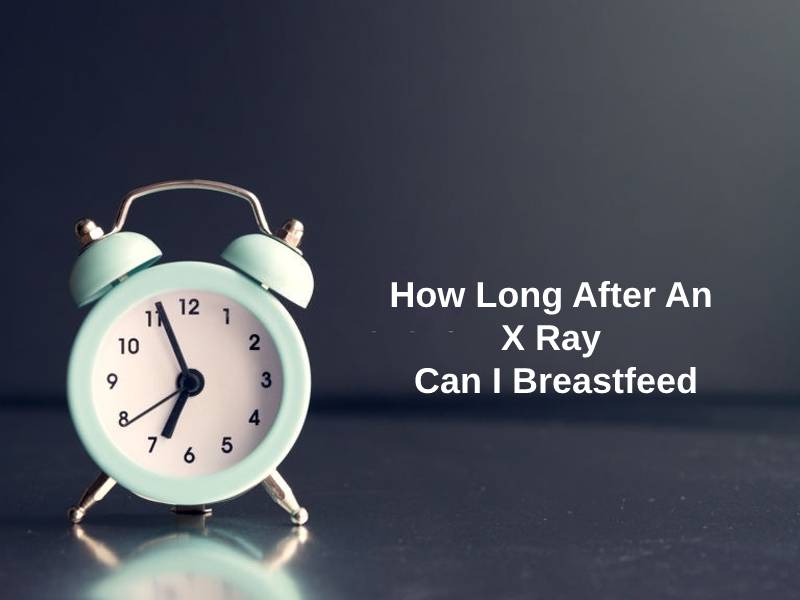
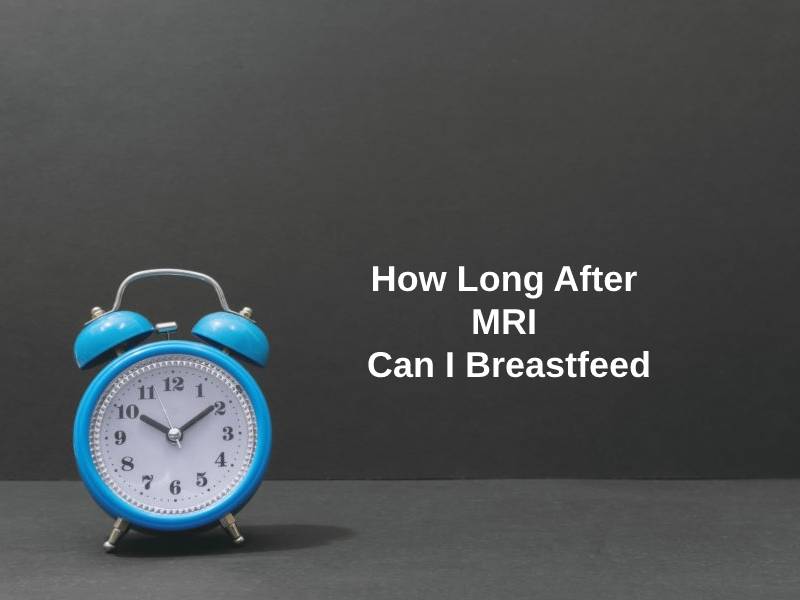
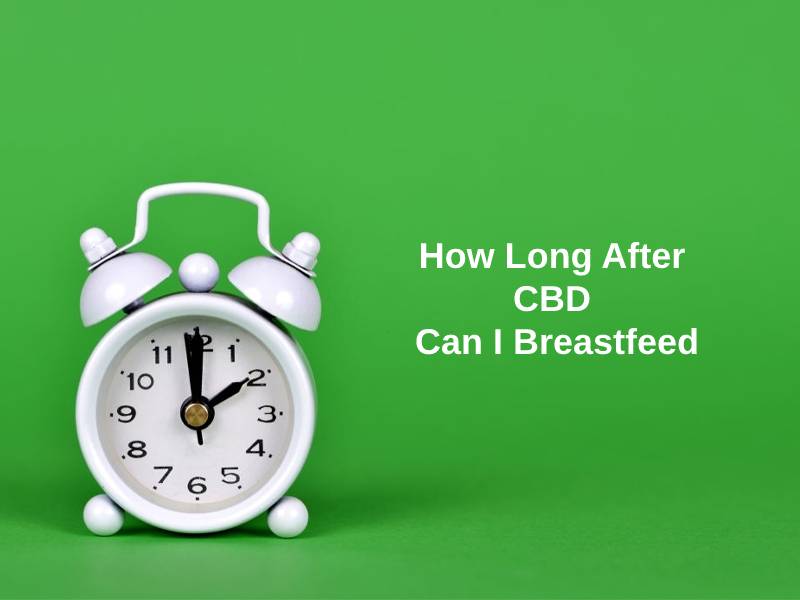
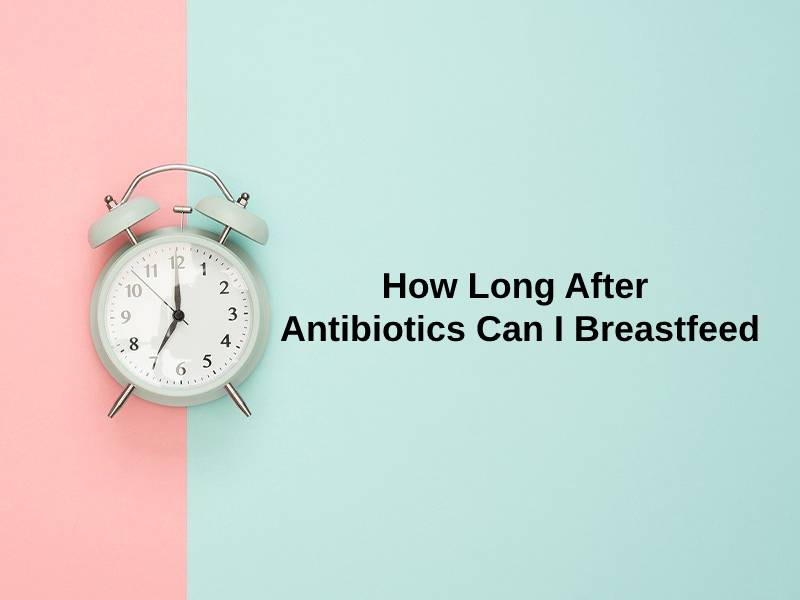
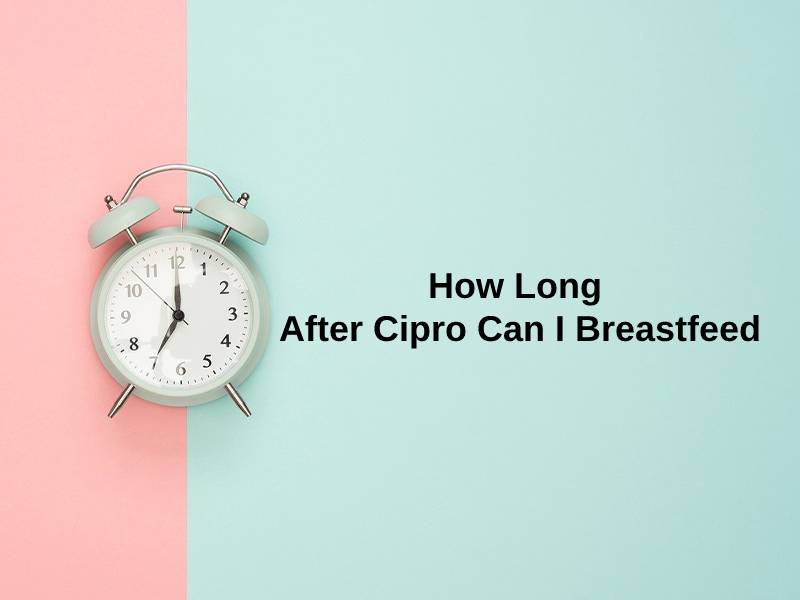
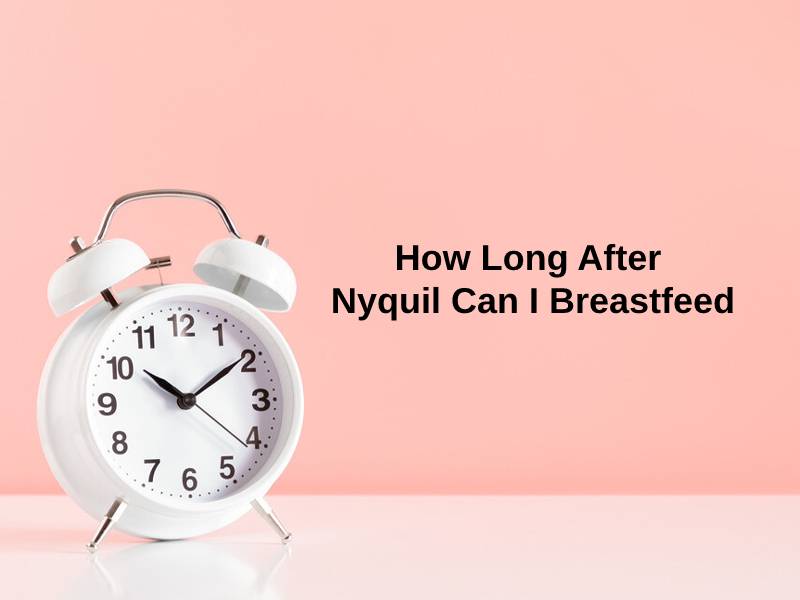
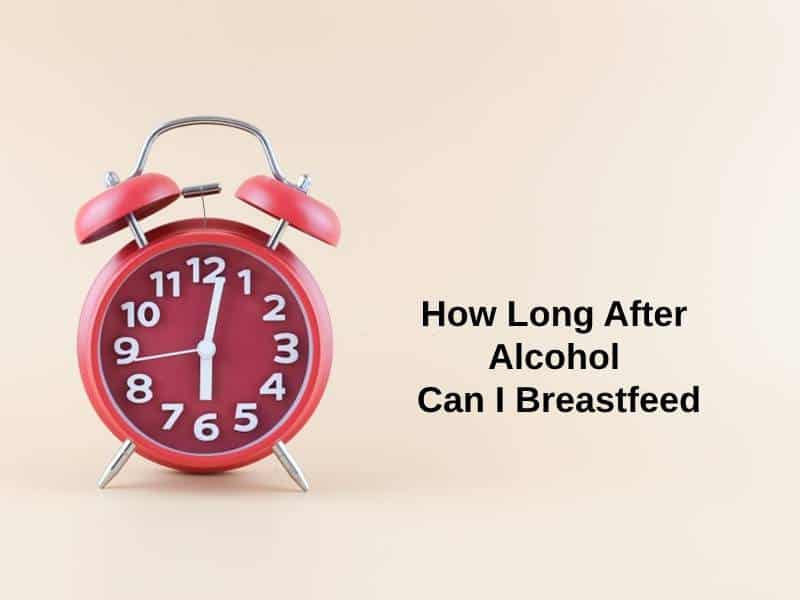
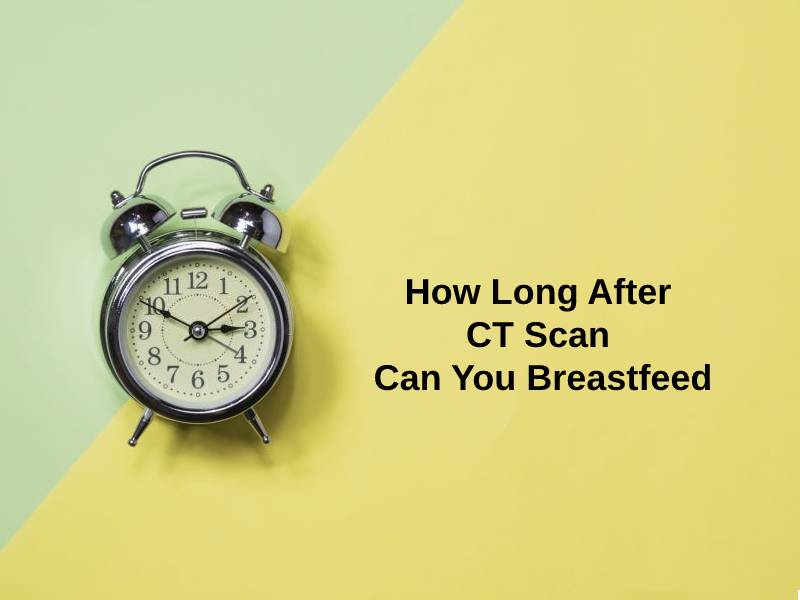
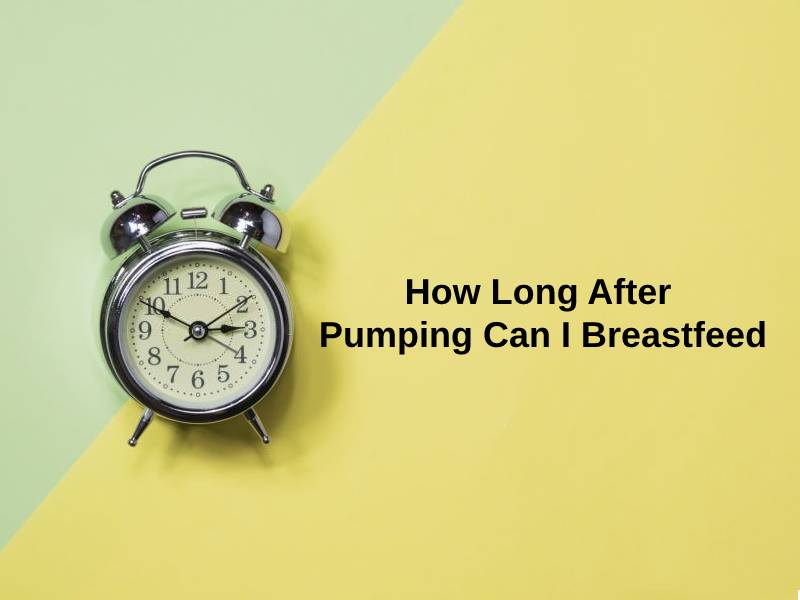
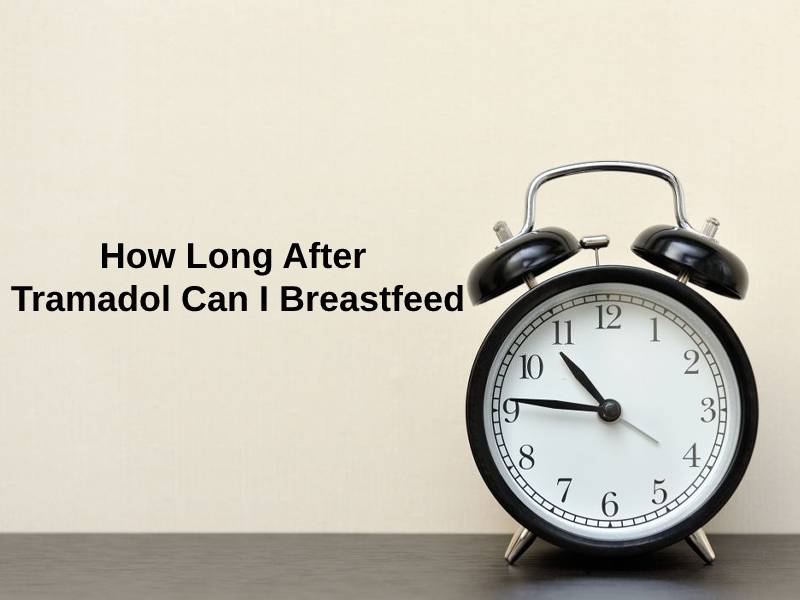
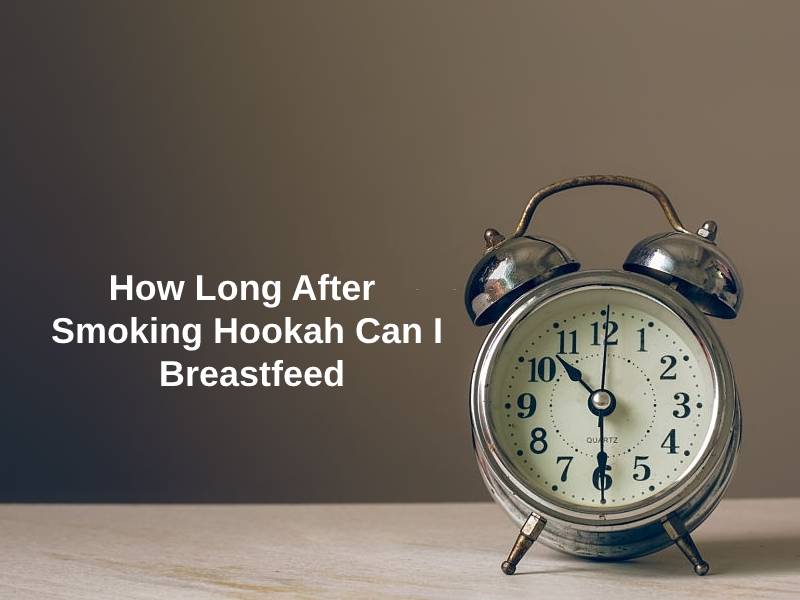
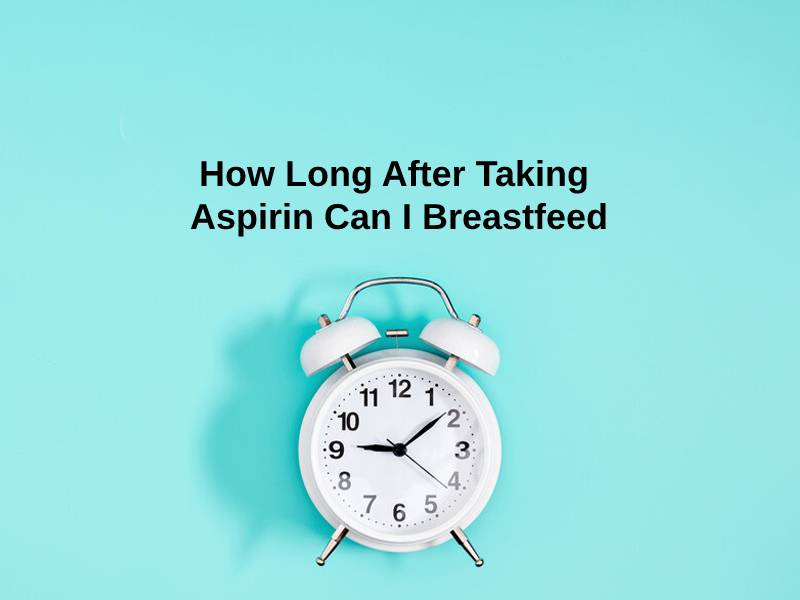
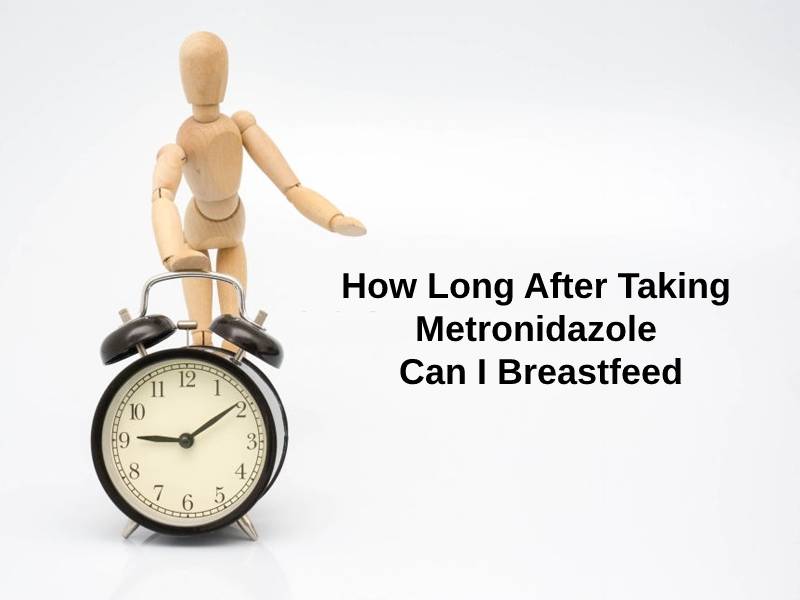
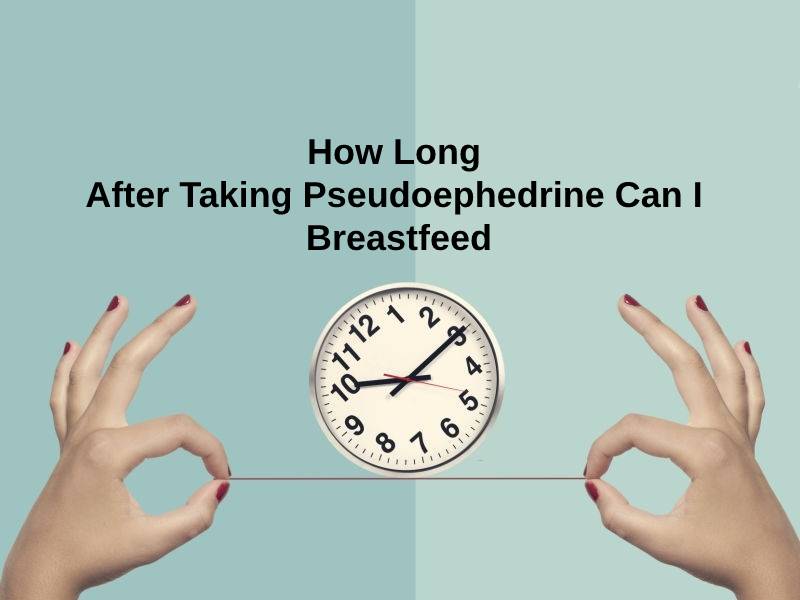

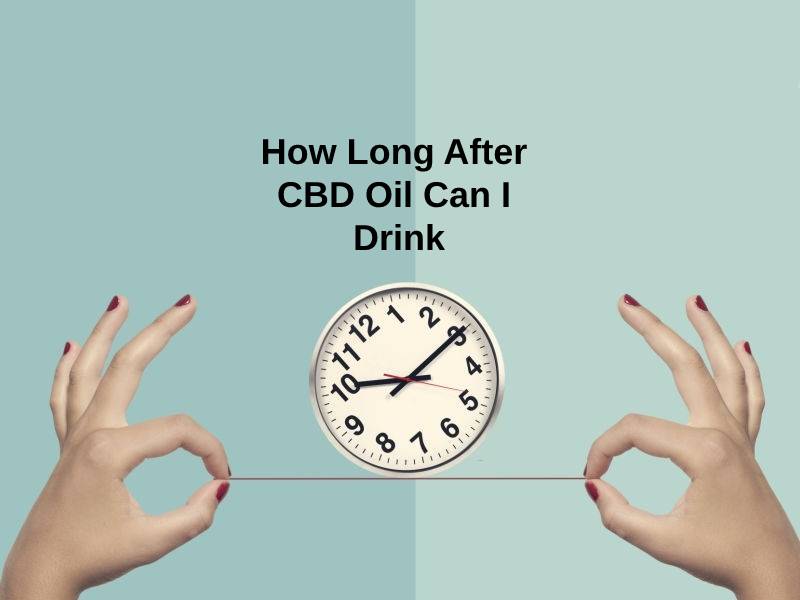
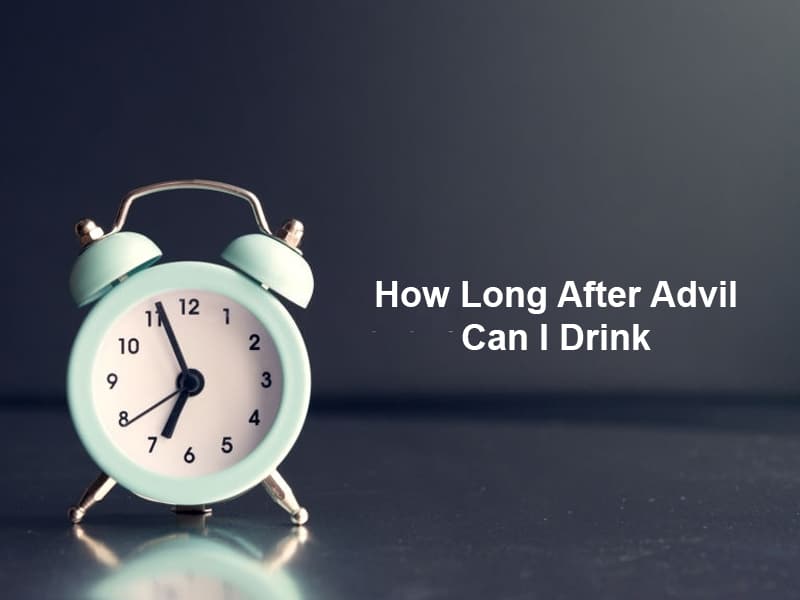
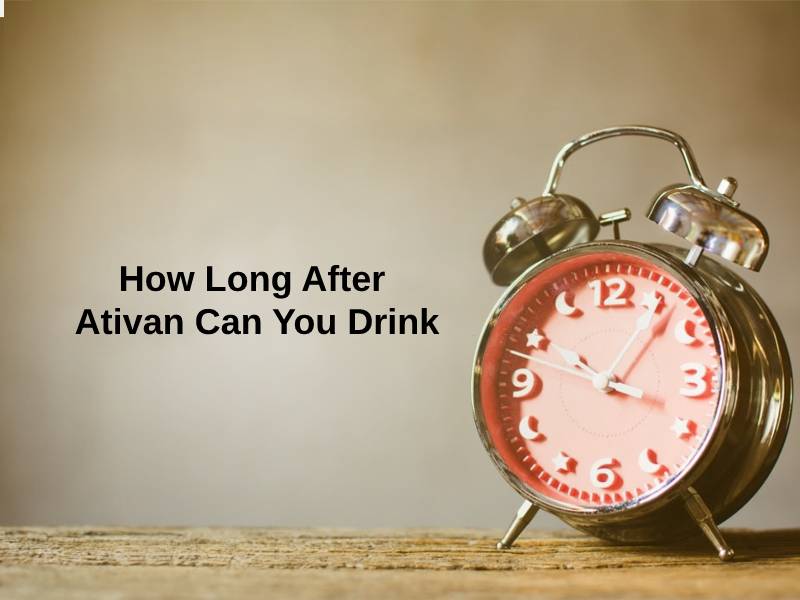
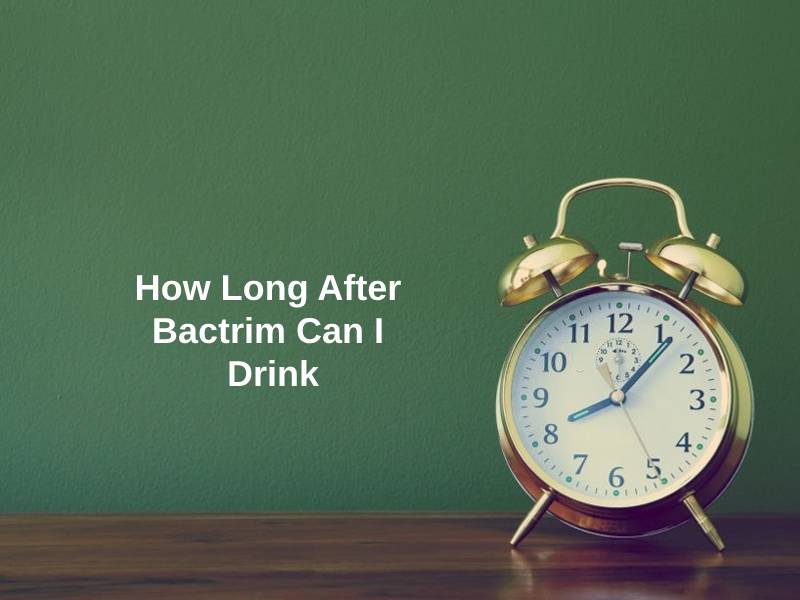
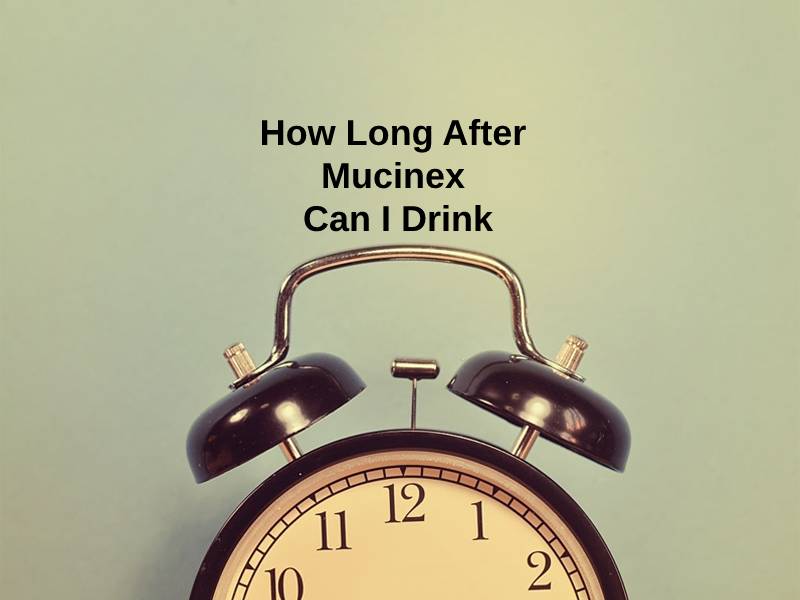
The article seems to imply that alcohol consumption can lead to a significant decrease in breast milk consumption by the infant, causing concern for the baby’s health and nourishment. This potential outcome should not be taken lightly.
This article presents a logical explanation for why breastfeeding mothers should wait to nurse after consuming alcohol. It’s important that mothers are well-informed about the potential risks to their babies.
The article provides a convincing argument for the need to wait a minimum of 2 hours before breastfeeding after consuming alcohol. Mothers should take this advice into serious consideration for the well-being of their infants.
The article effectively blends scientific information with practical advice for breastfeeding mothers, providing a comprehensive view of the potential effects of alcohol consumption on infants.
The article offers useful information but I’d like to see more research on the long-term effects of alcohol consumption for breastfeeding mothers. It seems like there’s still much to learn in this area.
The educational aspects of this article are clear and informative. It’s essential for mothers to understand the potentially harmful effects of alcohol on their babies due to breastfeeding.
It’s critical that breastfeeding mothers are aware of the impact of alcohol consumption on their babies’ health. This article explains the potential risks effectively.
This article provides an important insight into the considerations breastfeeding mothers should make when consuming alcohol. It’s important for mothers to be informed on how alcohol can affect both them and their baby, so they can make an educated decision.
The article’s emphasis on the impact of alcohol on the quantity of breast milk consumed is quite thought-provoking. Breastfeeding mothers need to be aware of the potential decrease in milk production that can result from alcohol consumption.
The focus on the effects of alcohol on an infant’s cognitive development and psychomotor skills is compelling. Mothers should be cautious about alcohol consumption when breastfeeding to avoid negative impacts on their babies.